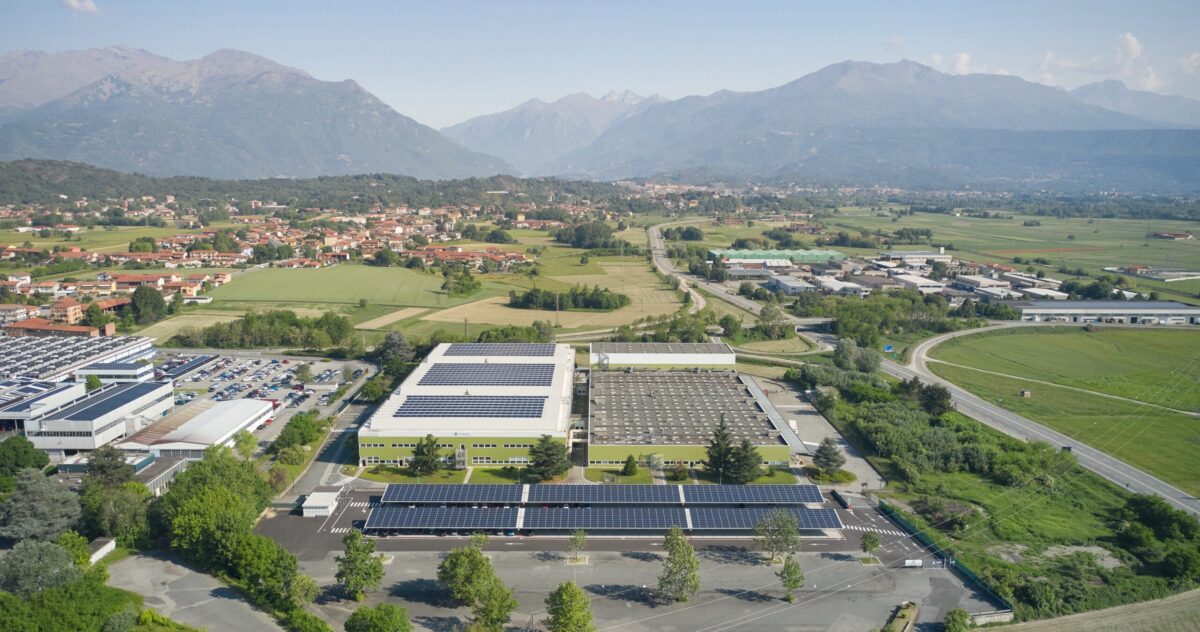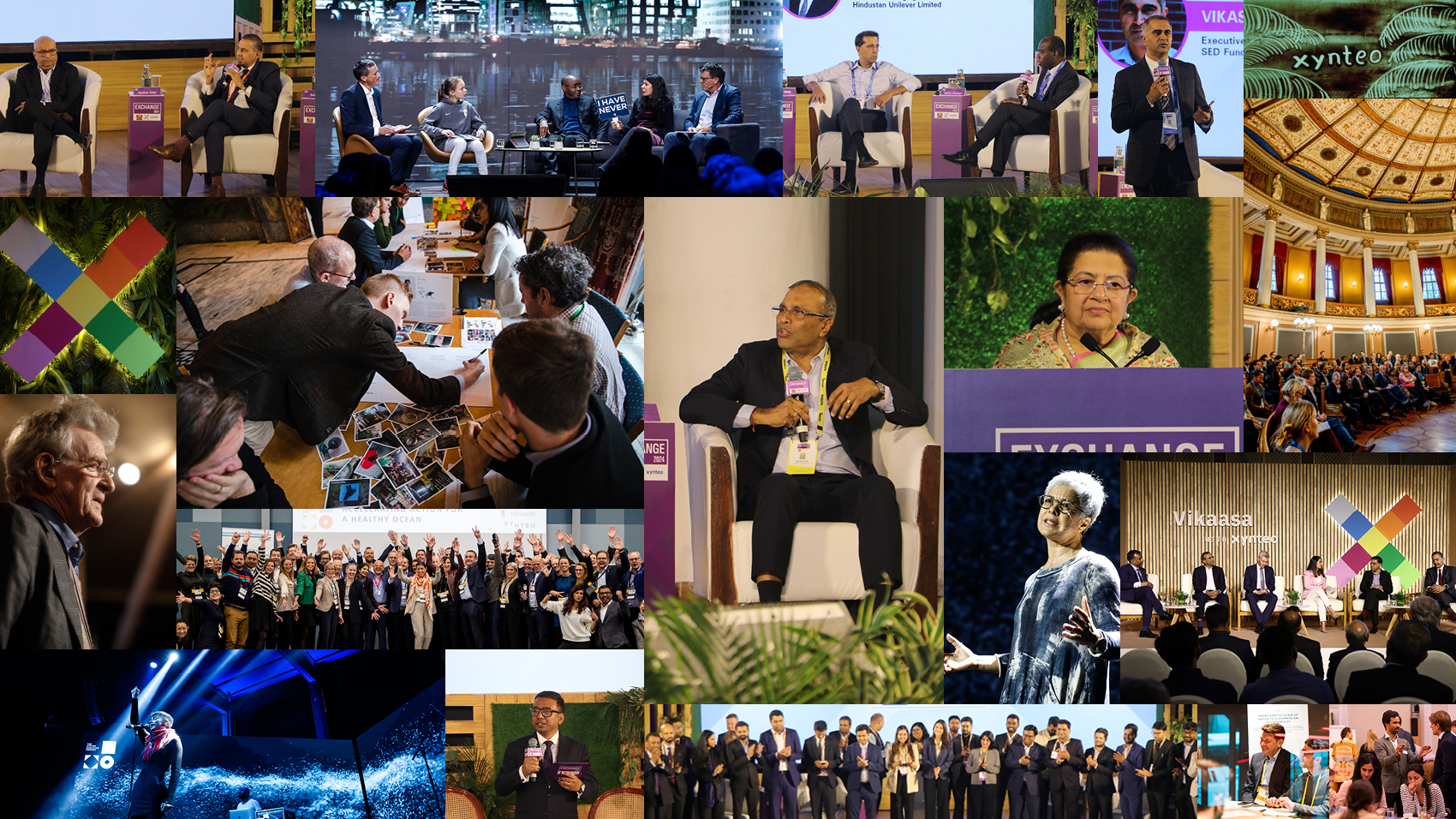ICE Pharma is moving decisively to embed sustainability at the core of its business, delivering tangible impact and shared ownership across markets, strengthening resilience and competitiveness, and preparing for future regulation. ICE Pharma partnered with Xynteo’s expert-led team, drawing on decades of sustainability experience, to refresh its sustainability strategy.
The result is a coherent story and a practical plan: a data-rich Sustainability Report, a focused roadmap with measurable targets, and a Responsible Supply Chain programme that resulted in Supplier Guidelines for Responsible Growth and a clear approach to engaging suppliers.
Why this mattered now
ICE Pharma wanted sustainability to live at the core of how the company works. The aim was practical progress that protects product continuity in a vertically integrated supply chain and creates visible value across E, S and G. The brief was clear: listen hard, focus on what matters, and build something people will use and own. Regulation informed the build, but it was not the story.
How choices were made
Working with ICE Pharma, we started with evidence. A double materiality assessment identified 12 high-impact areas that matter most to the business and its stakeholders. We then tested and refined those priorities with the people who deliver: 650+ survey responses, 50+ interviews, focus groups, and site and supplier visits across the UK, India, Italy and Brazil. When views diverged on supplier engagement, we ran targeted workshops to align leadership and set a clear path forward. We used our Sustainability Rationalisation approach to review and rationalise initiatives and keep effort focused and usable.
What we built together
- 2023/24 Sustainability Report: A data-rich, coherent narrative supported by disclosures, data tables, case studies and targets the organisation can stand behind.
- Sustainability Roadmap to 2027: A focused plan that turns the 12 high-impact areas into a disciplined set of outcomes with clear ownership, milestones, and a regular review rhythm.
- Supplier Guidelines for Responsible Growth: The outcome of the Responsible Supply Chain programme, setting clear expectations for suppliers and paired with a practical engagement approach and simple tools, including multilingual rollout.
How it landed in the business
Work finished where it should. Delivery now sits with the right departments and countries, backed by visible leadership and a simple cadence for review and course correction. Because it was built with the people who will run it, the programme avoids extra admin, keeps suppliers close and flexes to different market realities.
“We knew where we wanted to get to; what we needed was a plan our people could believe in and use. Xynteo listened across Brazil, India, Italy, the US, Japan and New Zealand and helped us turn ambition into a roadmap to the future with clear milestones we can run. The process was quick and inclusive, and the outcome feels owned by the business—a practical way to keep moving and keep improving.”
Agostino Barazza, Chief Executive Officer, ICE Pharma
Read more on ICE Pharma’s Sustainability Excellence Strategy ↗
A conversation with Luca Sartorello, Chief Transformation, Supply Chain & Sustainability Officer, ICE Pharma
We sat down with Luca to talk about the moment for change, choosing Xynteo, the collaboration that made it stick, and advice for leaders running complex supply chains.
What prompted ICE Pharma to start this project, and what ambition or challenge were you aiming to address?
Luca: We operate a global, vertically integrated pharma business and a distinctive supply chain, so we needed more than good intent. We needed a plan we could execute without risking product continuity. With EU CSRD coming into view, we chose to treat it as a design rule rather than an afterthought and to ground our choices in evidence through a double-materiality assessment. The brief to ourselves was simple: agree on the issues that matter most for ICE Pharma, set measurable targets for the future, and bring our people and suppliers with us in a way that feels fair and practical across markets.
Why did you choose to partner with Xynteo, and what were your expectations at the outset?
Luca: We ran a proper selection and picked Xynteo because we wanted a support grounded in materiality and common sense, not just a collection of intents. From day one, they promised three things we cared about: listen hard to our people, use a clear method to prioritise, and keep recommendations practical. They followed through—interviews and focus groups, a CSRD-aligned double-materiality exercise, then a leadership workshop to land the 12 high-impact areas. From there, they helped shape realistic outcomes and a simple roadmap we could manage.
How did the collaboration with Xynteo help you design and deliver the project effectively?
Luca: They did the legwork with us: 650+ survey responses, 50+ interviews and several focus groups gave us a grounded view, and site and supplier visits in the UK, India and Brazil kept it real. Out of that came three anchors—our 2023/24 Sustainability Report, a concise Roadmap to the future built from the 12 high-impact areas, and Supplier Guidelines we did roll out globally in multiple languages. Those tools are now how we brief teams and speak to partners—including after a set of focused workshops that unlocked alignment on supplier engagement when opinions diverged.
What insights or advice would you share with others looking to tackle similar sustainability challenges?
Luca: If we boil it down, the wins come from keeping things real, choosing your battles, and bringing people with you. Here’s what we’d pass on to any leadership team starting out:
- Communicate simply and often. Share the story inside and out, show progress with a few clear metrics, and be honest about what’s hard and what’s next.
- Start with evidence. Run a double-materiality assessment to agree what truly matters for your business and stakeholders; be explicit about trade-offs.
- Translate priorities into outcomes. Commit to a focused set of measurable results with clear ownership, time-bound milestones and budgets — then review progress openly and remove blockers fast.
- Keep suppliers and partners close. Set expectations clearly, provide simple tools and support (ideally in local languages), and tailor asks to the influence you actually have — avoid admin that slows real progress.
- Make it cultural, not just technical. Visible leadership backing, regular governance, incentives that reinforce the behaviour you want, and moments to celebrate progress.
- Have a trusted, practical advisor on your side. Someone who listens, understands your operating reality, knows the rules, and calls the trade-offs plainly so leaders can decide quickly.
For further information, follow us on social media (LinkedIn I Twitter), or Contact Us to find out how we can help your leaders and organisation create people and planet-positive impact.



